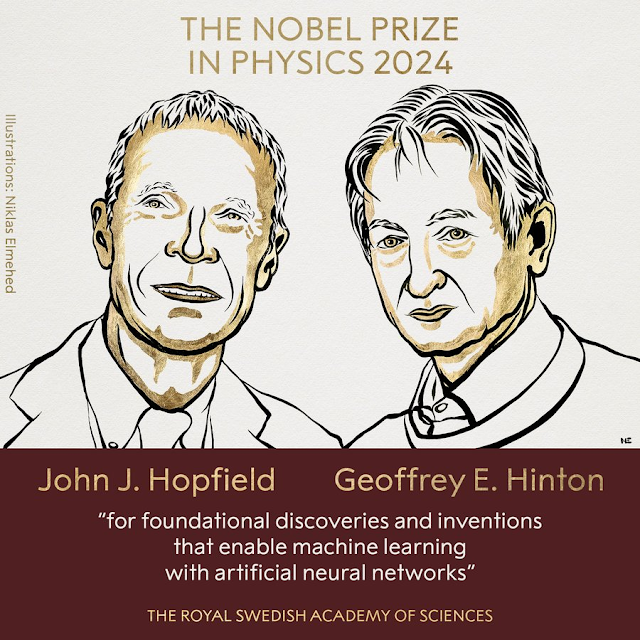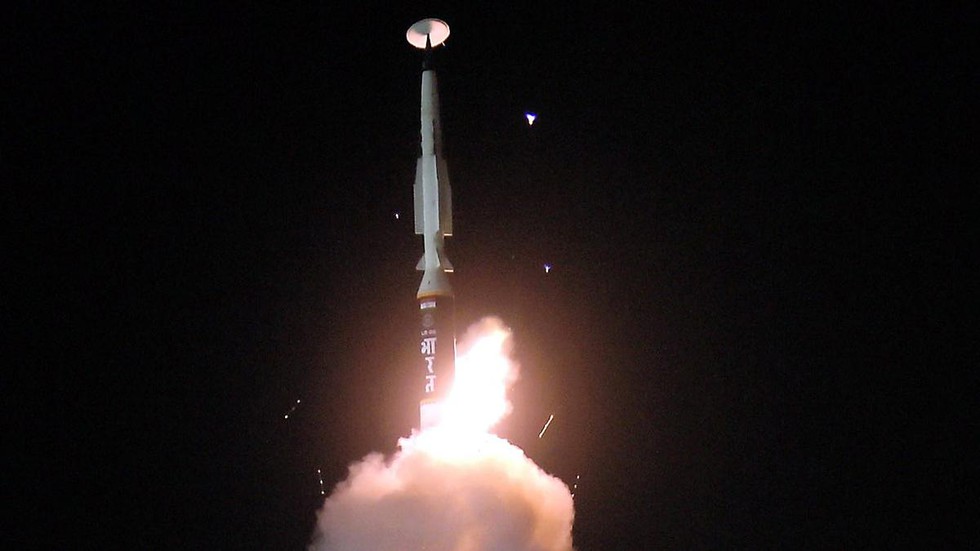Key Contributions of the Nobel Laureates
John Hopfield, an American scientist known for his contributions to biological physics, introduced the concept of the Hopfield Network in the 1980s. His research focused on the development of artificial neural networks, which laid the foundation for the advanced machine learning algorithms we rely on today. The Hopfield Network was a pioneering idea, mimicking how the human brain processes and stores information, marking a significant milestone in AI research.
Geoffrey Hinton, a British-Canadian computer scientist, built on Hopfield’s work by developing deep neural networks. Hinton’s research introduced the backpropagation algorithm, which allows machines to learn from their mistakes. This innovation is at the core of modern AI systems like ChatGPT, Bard, and other intelligent tools we use daily.
Impact on AI and Modern Technology
Both researchers’ work forms the backbone of numerous AI applications we see today, from facial recognition systems and voice assistants like Siri and Google Assistant, to autonomous vehicles and advanced language models. Their contributions are vital to industries like healthcare, astronomy, and even robotics.
Hinton’s deep learning algorithms, in particular, have enabled machines to recognize patterns, improving image recognition, speech processing, and natural language understanding. Thanks to their discoveries, AI can now process massive datasets and make decisions faster and more accurately than ever before.
Warnings About AI’s Future
Despite their achievements, both scientists have voiced concerns about the potential risks AI poses. Hinton, in particular, has raised alarms about the dangers of AI spreading misinformation online, making it harder for people to distinguish between truth and falsehood. He has also warned about AI’s impact on jobs, with fears that many roles could be automated in the near future.
The laureates emphasize the need for ethical use of AI, urging society to handle this technology with responsibility. They compare AI’s current stage to that of gene editing, highlighting that while the technology is powerful, its effects will depend on how it’s used.
Conclusion
The 2024 Nobel Prize in Physics celebrates not only scientific excellence but also the far-reaching implications of AI. John Hopfield and Geoffrey Hinton’s contributions have unlocked new possibilities, pushing the boundaries of what machines can achieve. As AI continues to evolve, their work remains a cornerstone of the technological advancements shaping our world today.





